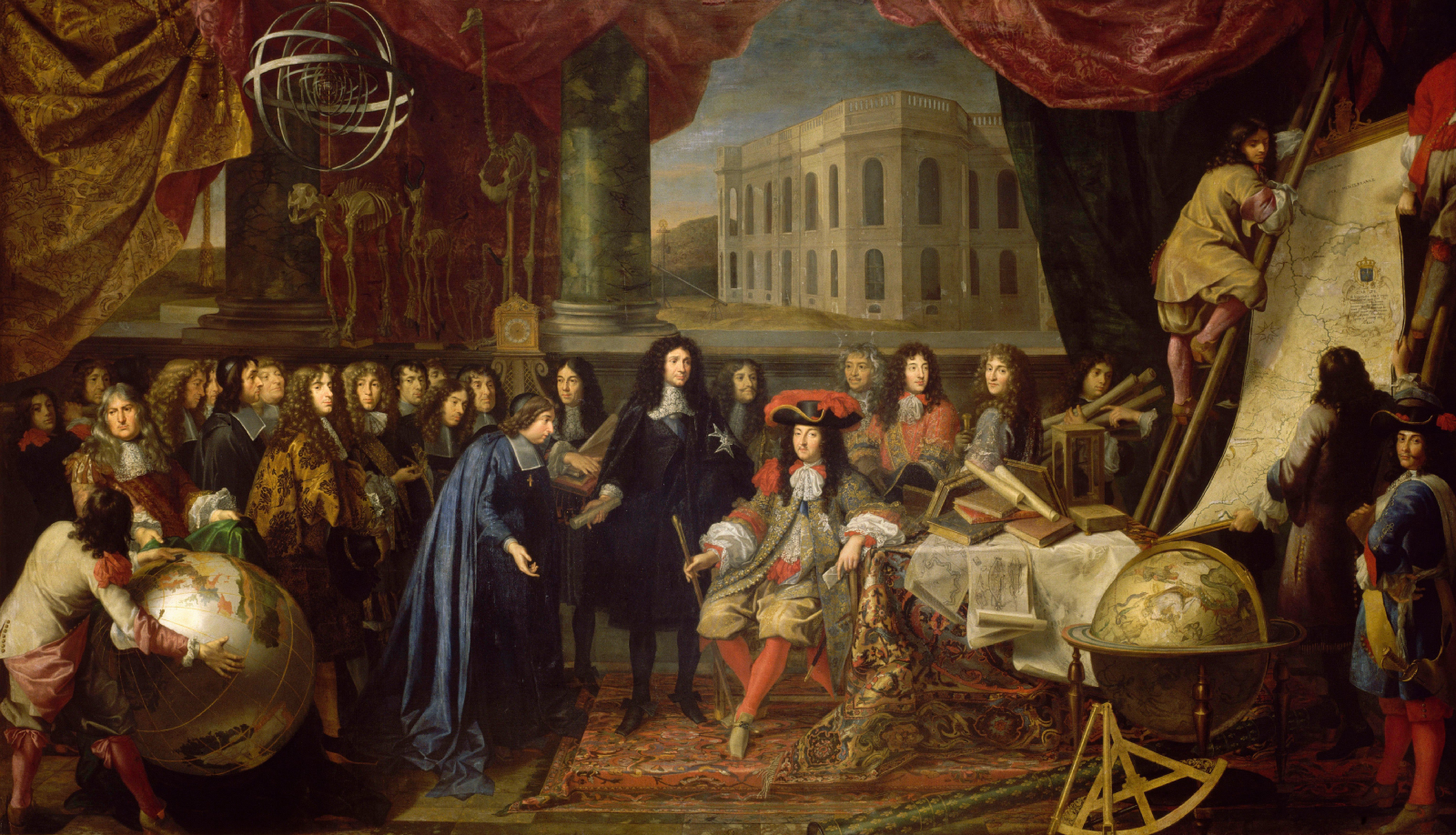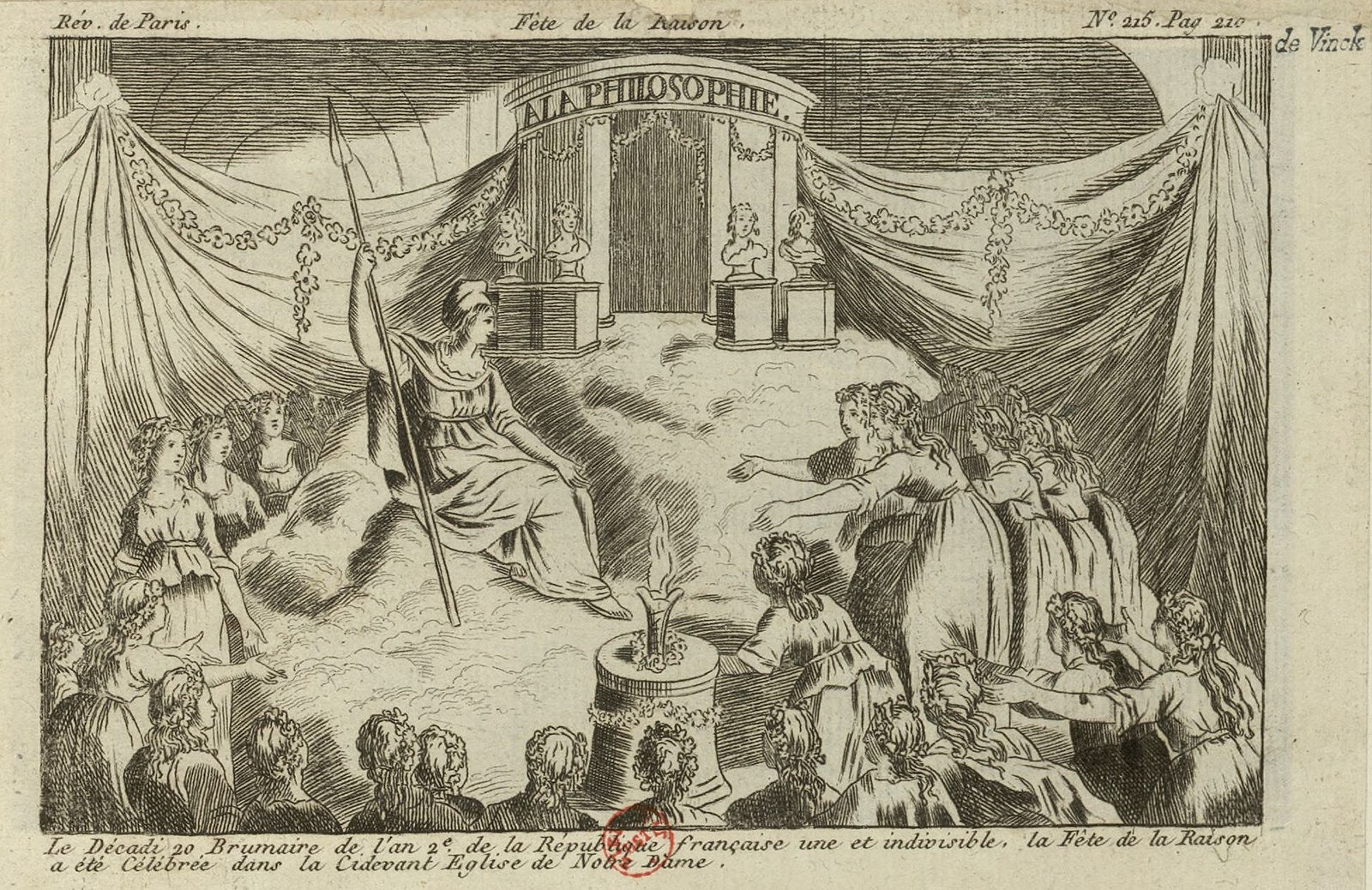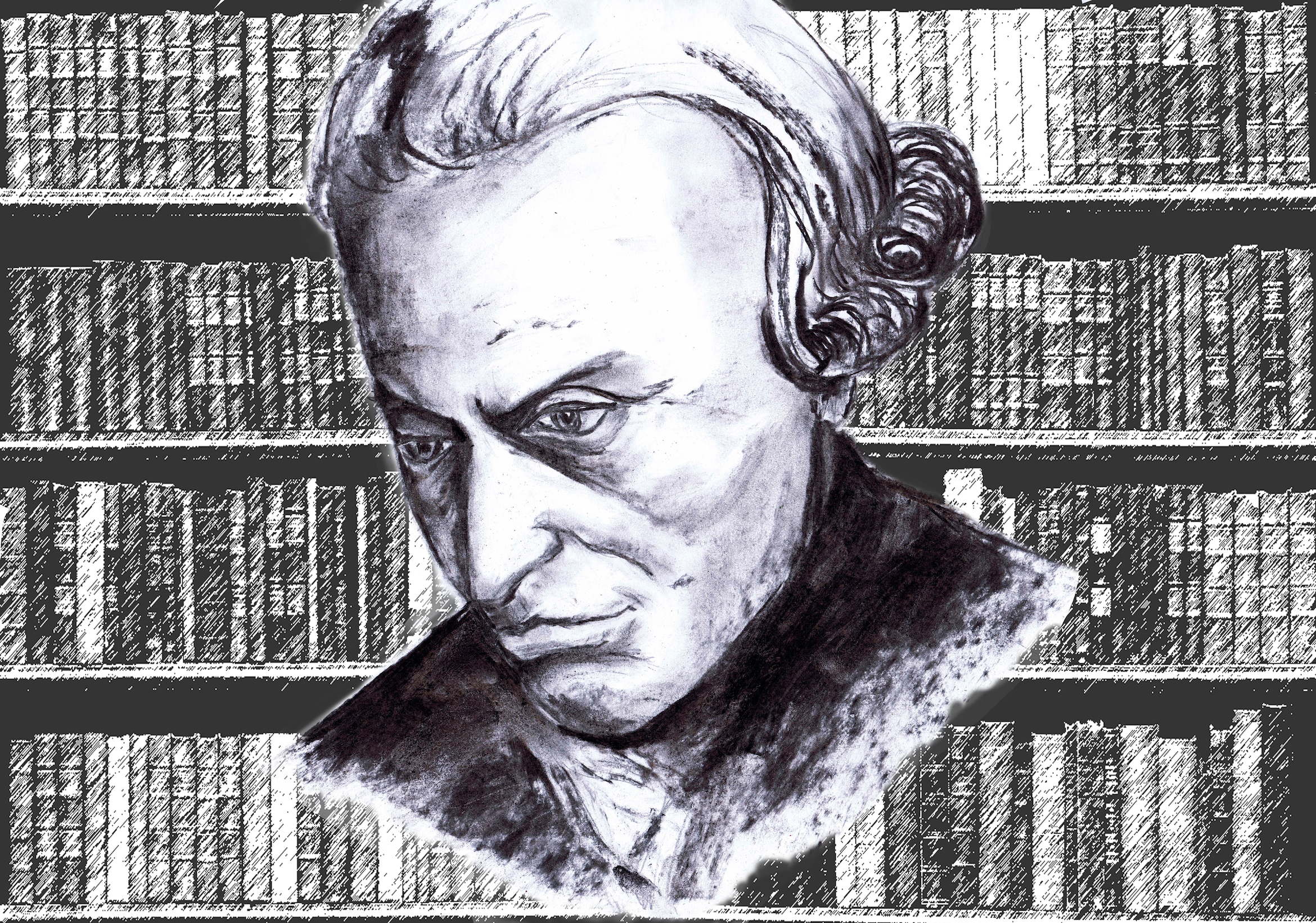The Enlightenment was a period in history, roughly the 17th and 18th centuries, which was very significant in general but particularly significant in philosophy. Kant came at the end of that period and is in many ways the culmination of the Enlightenment. But why was it a significant period in the history of philosophy and what were its hallmarks? Often when people answer that question they say it was the age of reason. It was the period in the history of philosophy when people began to trust their own reason, in contrast to tradition and authority. In many ways that's right, but in others it’s misleading. One of the clearest ways to see why is to think of one of Kant’s most significant predecessors: the British philosopher David Hume. He was another 18th century figure, but he lived just before Kant and was a paradigmatic Enlightenment thinker. He famously said, and this is a direct quotation from Hume, that ‘reason is, and ought only to be the slave of the passions.’
Kant and the Enlightenment
Professor of Philosophy
- Kant is in many ways the culmination of the Enlightenment.
- Kant believed that we could benefit as much from reflecting on the world ‘in an armchair’ as we could from experience.
- Kant also believed that each of us wore a metaphorical pair of spectacles that deeply influenced how we see things.
- Kant was very concerned with the scope of reason. He believed it had limitations due to the experiential prism that each of us has.
The hallmarks of the Enlightenment

Painting by Charles Lebrun, Establishment of the Academy of Sciences and foundation of the observatory, 1666. Colbert Presenting the Members of the Royal Academy of Sciences to Louis XIV in 1667. Wikimedia Commons. Public Domain.
The conflict between experience and armchair thinking
Kant is very much an Enlightenment thinker himself, and like the rest of the Enlightenment thinkers he sees the importance of using our own resources to tackle the fundamental questions of life. But he also sees the disputes that had been going on before him about what those resources were, and found himself torn. On the one hand, Kant was very much in agreement with those people like Hume, who thought that we needed to appeal to experience and observation to find out what the world was like and to discover more about our place in the world. We couldn't expect to just sit in our armchairs and find out what the world was like through a pure exercise of rationality. That would be appropriate if all that we were doing was mathematics, for example, but it wouldn't be appropriate if we wanted to find out significant things about where we stood in relation to the world. People like Hume, who’s typically classified as an empiricist, were right to lay this heavy emphasis on experience. On the other hand, Kant did agree with those of his predecessors who thought that we could do a hell of a lot in the armchair, that we can sit down and arrive at quite substantive conclusions about the great questions of life without going out and doing serious empirical work, without getting our hands dirty.
The metaphor of a pair of spectacles
The story that he tells is that when we do arrive at knowledge of what the world is like, we ourselves are making quite a substantial contribution to that process. It's not a purely passive process. It's not a matter of going out there and just being hit by what the world throws at us. There's a metaphor that's often used: the metaphor of a pair of spectacles. It was Kant's view that, in a way, we all carry around with us native spectacles through which we view the world, and they play an important role in how things appear to us. The reason that this enabled him to, as it were, arbitrate in these disputes that had been going on among his predecessors was that it enabled him to say, yes, on the one hand, the empiricists were quite right that we had to go out and investigate what the world was like in order to arrive at really substantive conclusions, but those who thought that we could do a hell of a lot in the armchair were right as well, because even before we get out of the armchair and go and look at the world we can reflect on the nature of our own spectacles. This is innate intellectual equipment that we carry around with us, and it's there even when we're sitting in the armchair.
The role of reason

The Culte of reason 1793. Photo by Gallica Digital Library. Wikimedia Commons. Public Domain.
So there’s Kant at the end of this two-century period, following his predecessors by being prepared to think things through for himself, but making a really distinctive contribution by being self-conscious in a way that none of his predecessors had been, in particular, about what role reason had to play in that process. And he assigned reason a very significant role in that process because our rational faculties were part of the metaphorical spectacles that we carried around with us. It was very important for Kant to try to determine both the scope and the limits of reason, what it could do and what it couldn't do.
There was a huge amount that it could do. We could reflect rationally on the nature of our own epistemic faculties – on the nature of our own spectacles – and arrive at substantive conclusions as a result of that. But there was a hell of a lot that it couldn't do. It couldn't tell us everything about what the world was like, until we'd gone out and investigated. So the natural sciences, which involved that kind of investigation, are as important as they ever were in Kant’s system.
Putting reason on trial
The other thing that reason was powerless to do was tell us anything about what the world might or might not look like if we took our spectacles off. A literal pair of spectacles you can take off, but these metaphorical spectacles that Kant was talking about cannot be removed. Kant thought that there was a very profound sense in which we only ever had knowledge of how things appeared to us through the spectacles. We never had knowledge of how things were in themselves and reason was powerless to give us this insight.
What Kant is doing, in a way, is putting reason on trial. He himself is obviously making use of reason when he conducts his philosophical inquiries. He's using reason to determine what the scope and limits of reason are. He's using reason to justify certain applications of reason and to preclude certain other applications. So there's something very reflexive about the whole process.
Scepticism is important

Photo by German Vizulis
A sceptic might well say, ‘But isn't that also profoundly disconcerting? How is this any better than what all these Enlightenment thinkers were reacting against? How is this any better than appealing to authority because that's what the authorities tell us to do? Or how is this any better than believing what it tells us in the good book because it tells us there that that's what we should believe? Why is using our own resources to answer the fundamental questions of life a commendable thing to do, if the only way that we can justify that is this circular way of appealing back to our own resources?’ And the reason that this scepticism is important is that there's a way in which, at the end of the Enlightenment, we find ourselves left hanging in this kind of predicament. This paves the way for a lot of what has happened subsequently and in particular for what might nowadays be called postmodernism.
Dare to be wise
It’s not as if Kant wasn’t aware of this problem; it's not as if he was not very self-conscious about this problem. In a way, Kant’s own solution can be very nicely summed up in the great motto of the Enlightenment, which Kant himself was always very keen to emphasise: dare to be wise! Have the courage of your own convictions. Dare to use your own intellectual resources, dare to use your own reason in the way in which it's supposed to be used. Yes, that will mean, among other things, using it to justify its own use. And that will involve self-confidence and courage, but that's the Enlightenment for you! That's what the Enlightenment is encouraging you to do.
Discover more about
The Enlightment and Kant's system
Gardner, S. (1999). The problem of metaphysics. In Routledge Philosophy GuideBook to Kant and the Critique of Pure Reason (pp. 1–17). Routledge.
Moore, A.W. (2012). Introduction, Part One - The Early Modern Period. In The Evolution of Modern Metaphysics: Making Sense of Things (pp. 1–192). Cambridge University Press.
Moore, A.W. (forthcoming). Armchair Knowledge: Some Kantian Reflections. Public Reason.